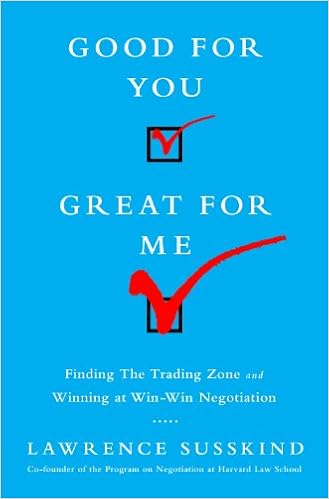Thirty-one senior water professionals from 17 countries attended the recent Water Diplomacy Workshop sponsored by Tufts University and MIT. We heard about cross-border water disputes happening all over the world -- conflicts not just between countries, but between parts of the same country. [Stories about all these disputes will soon be available in something called the Aquapedia -- a global wiki that invites everyone involved in water disputes to describe them using a simple pre-made, easy-to-complete template. The hope is that ideas and lessons gathered in one place will be helpful elsewhere.]
There's a lot written about water management, mostly from an engineering perspective. There's not so much written from a negotiation standpoint. And, there's precious little that merges the two. The Water Diplomacy Framework begins with a series of assumptions about societal, political and natural forces including water supply, water demand, the costs of new infrastructure, levels of economic development, governance arrangements, cultural norms, and public participation traditions. The Workshop teaches the participants to anticipate the complex interactions among these “nodes” using tailored role-play simulations.
Four key assumptions were at the heart of the train-the-trainer program (that will be offered again in June 2012):
Water is a not a fixed resource: Traditionally, water has been managed as if it were a fixed or a scarce resource -- allocating gains to some and losses to others. But when viewed properly, water can be an expandable resource, it can even be the key to peace-building rather than warfare. The key is to pool all available technical knowledge (about desalination or recycling, for instance) and convince the parties to engage in joint problem-solving. Also, virtual water (i.e. water embedded in wasteful methods of agricultural and industrial production) can be managed more creatively to relieve water shortages. Water conflicts are triggered when the parties fail to think about water as an expandable resource.
Water networks are open not closed: Traditional “systems engineering” represents the interconnections among political, social and natural nodes as if they are neatly bounded. This is rarely the case. Also, this approach only works when cause-effect relationships among the nodes are well understood and complexity can be minimized. In most boundary crossing situations, however, water network boundaries are wide open and relationships among the nodes are extremely complex.
Water network management must take account of uncertainty: Resource managers have tried for many years to model water systems. Once they have a model, they make a forecast. However, in the complex world of water networks, there is too much uncertainty to make such forecasts with any confidence. The emergence of climate change, for example, has already altered rainfall patterns, storm intensity and the height of the oceans in completely unpredictable ways. There are tools for managing resources in the face of uncertainty, but these are quite different from the usual modeling and forecasting tools.
The management of water network needs to be adaptive and reflect a “value- creating” approach to negotiation: The Water Diplomacy Framework urges political leaders to ensure that appropriate representatives of all relevant stakeholders are involved in decisions that affect them. Negotiations among these actors should use value- creating techniques rather than positional bargaining. This requires linking decisions about water to other things (like economic development, food production and energy efficiency).
The Water Diplomacy Framework assumes the future is not knowable (or easily estimated). Therefore, a step-by- step approach, including a major investment in monitoring and re-evaluation is required.
If you want to join the Water Diplomacy network, check out www.waterdiplomacy.org. In a few weeks, you’ll be able to interact on line with the participants at the recent Workshop.




